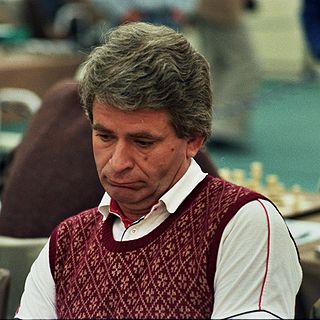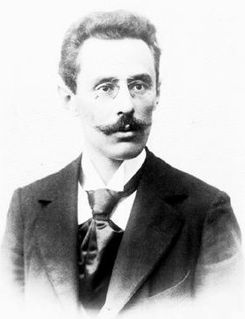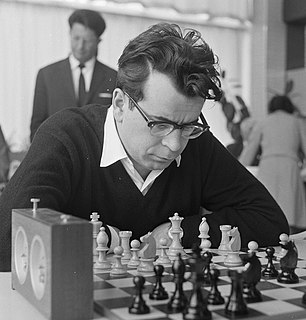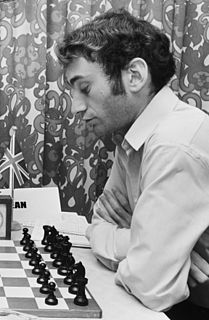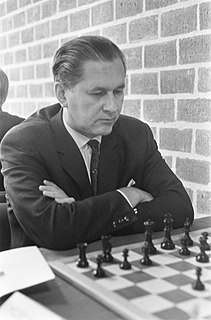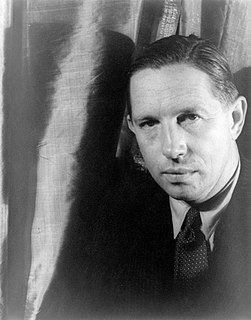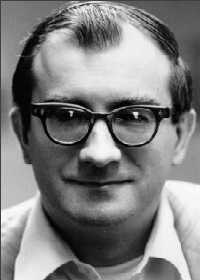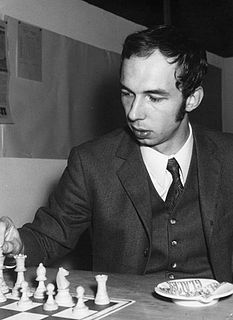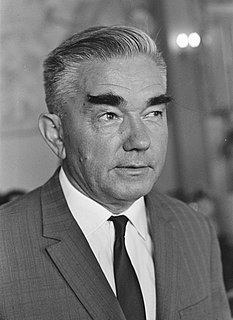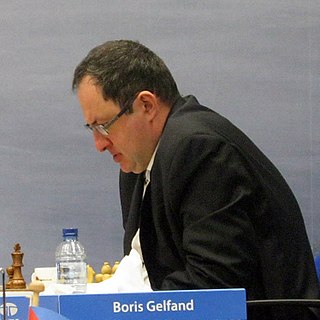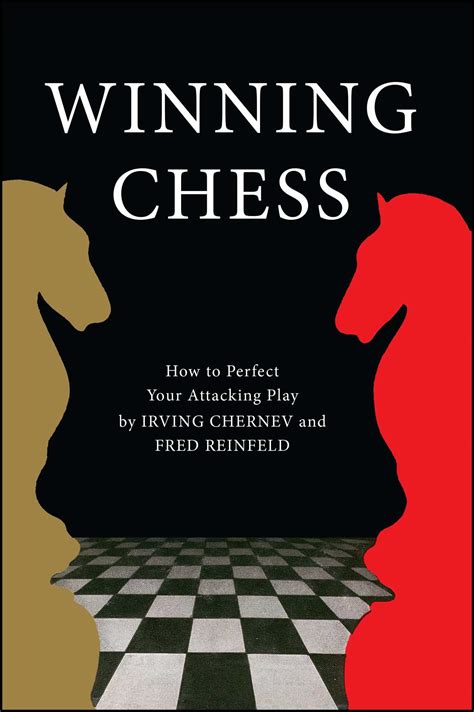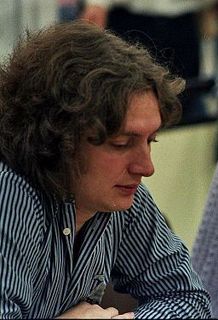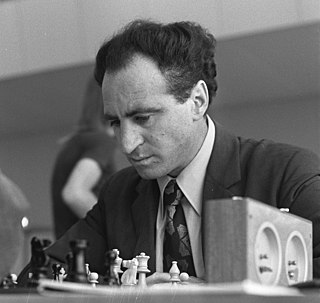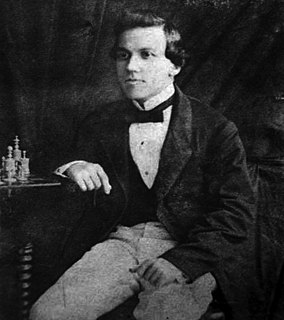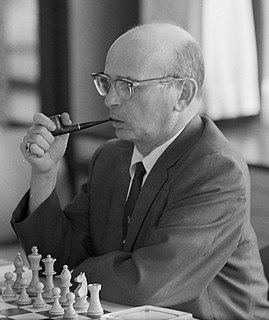A Quote by Aron Nimzowitsch
In the middlegame, the king is merely an extra, but in the endgame, he is one of the star actors.
Related Quotes
American actors are very different to British actors who have generally studied and been brought up culturally with the sense that the writer is the star and that their job is to serve the writing. Whereas Hollywood actors are brought up to believe that the actor is the star, and everything and everybody is in the service of them.


